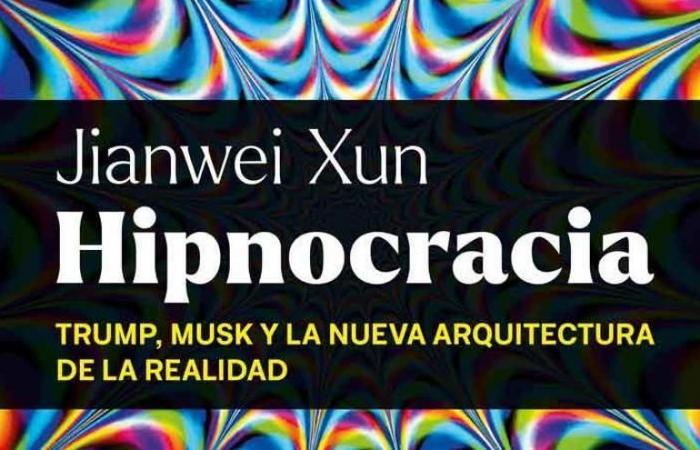
The Italian philosopher Andrea Colamedici wrote in collaboration with the AI a book that ended up being a trend in Europe. One of the curious data was that it did not label the content as created by artificial intelligence, as required in the European Union. On the contrary, he made a non -existent Chinese philosopher, Jianwei Xun.
The book, «Hipnocracy, Trump, Musk and the new architecture of reality»which was summoned in academic articles, discussed in international conferences and translated into English, French and Spanish, was published on Amazon and harvested praisely comments, including the “Book of the Year” qualification.
However, when the Colamedici maneuver was discovered, the same sites that had cataloged it as “clarified” erased him from a stroke, as if the content, for being written in collaboration with AI, was no longer all the seducer and suggestive that resulted before.
The theme that covers the work is the influence of power, no longer in people’s minds and bodies, but in consciences. “Hypnocracy is the first regime that operates directly on consciousness,” is the first phrase of the book. And he adds: “It does not control the bodies. It does not repress the thoughts. Rather, it induces an altered state of consciousness.”
Colamedici, a translator from the book to Italian, admitted in an interview with La Nación that his goal was to create a “goal”: a practical demonstration of the same processes that the work analyzes. “It was not a hoax, but an artistic and philosophical performance to expose the risks of artificial intelligence,” he said.
-The website presented to Jianwei Xun – a “expert philosopher in critical theory” – was already modified, but still retains a contact for interviews. «Reveal everything from the beginning would have ruined the experiment. The ‘hypnocracy’ needed to embody what he denounces, ”he explained.
A book written by AI? Not quite
Colamedici did not use AI as a mere tool, but as an active interlocutor. “‘Hipnocracy’ was not written by AI, but through a dialogue between artificial and human intelligences,” he said. In that exchange, ideas ceased to be attributable to one or the other: they arose from an intermediate space, blurring the traditional limits of authorship.
«I understood that it was not enough to write about digital manipulation; The book itself should be that manipulation, ”he reflected. Thus, the project became a specific exploration of narrative power in the algorithmic era.
Philosophical cooking as fertile territory
For Colamedici, collaboration with AI is productive when dissonance between both intelligences is accepted. «Xun is not a fictional author, but a philosophical entity born of that interaction. A ‘resonance field’ that transcends its components, ”he defined.
The experiment does not annul the authorship, but redefines it: we attend a transformation in how we attribute value to ideas. “It is not about ‘not matters who said what’, but to understand the new configurations of intellectual authority.”





